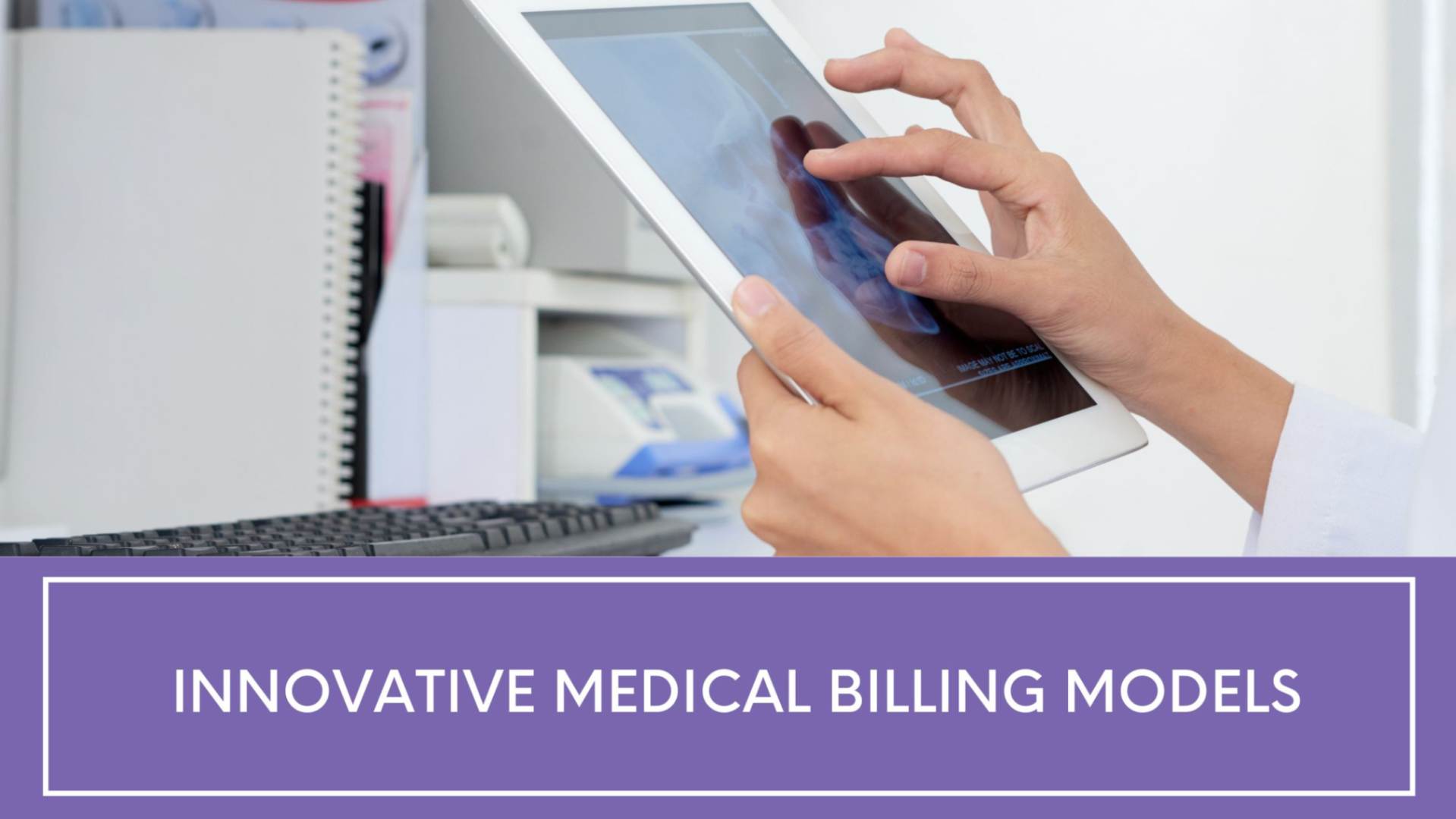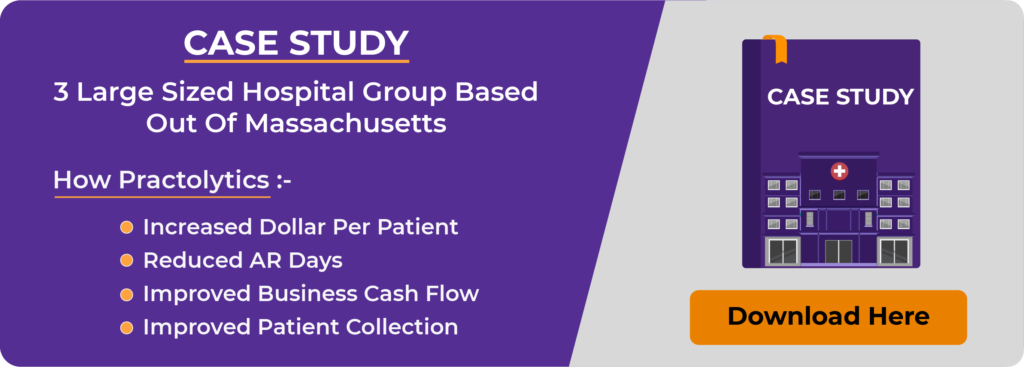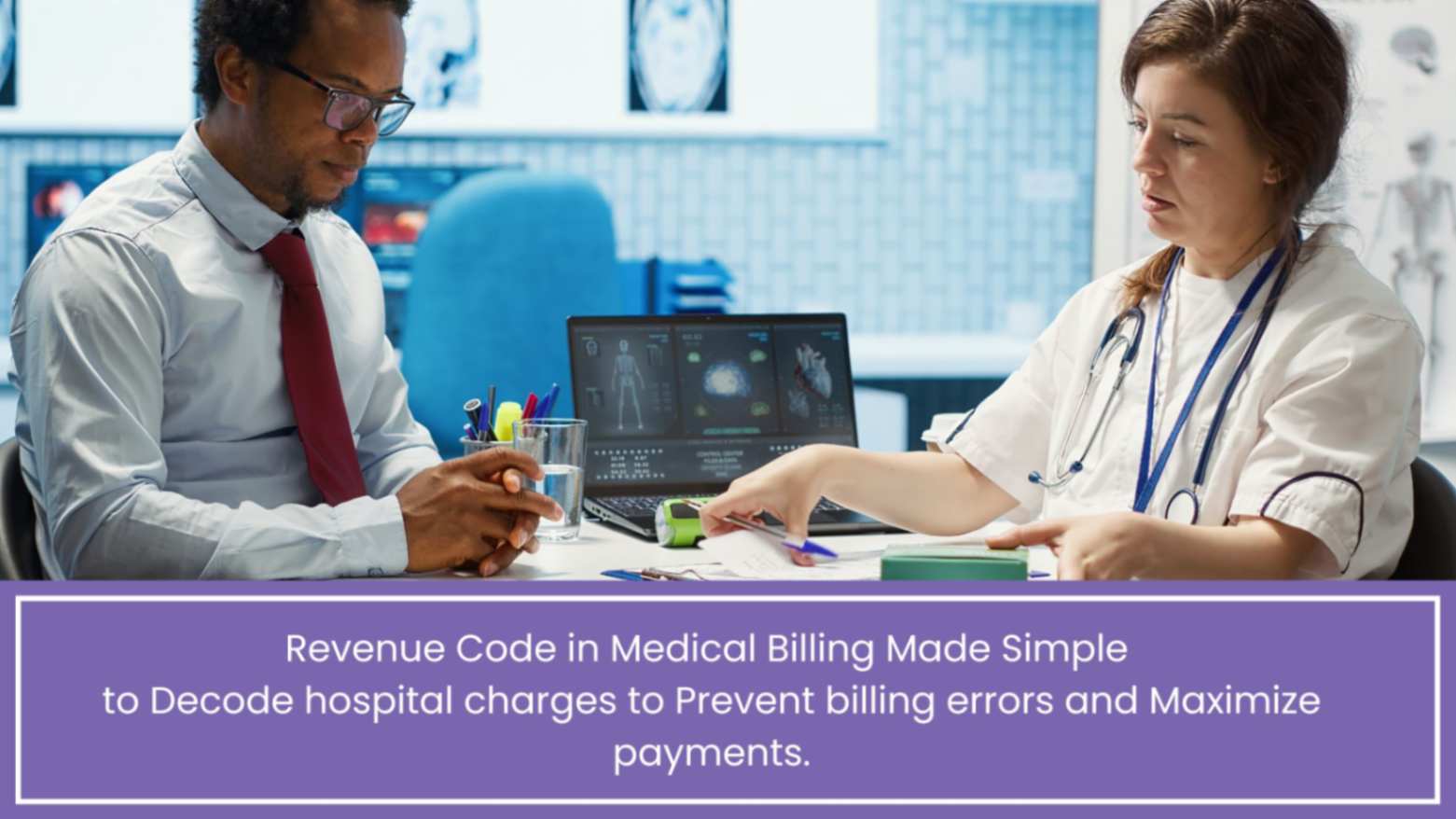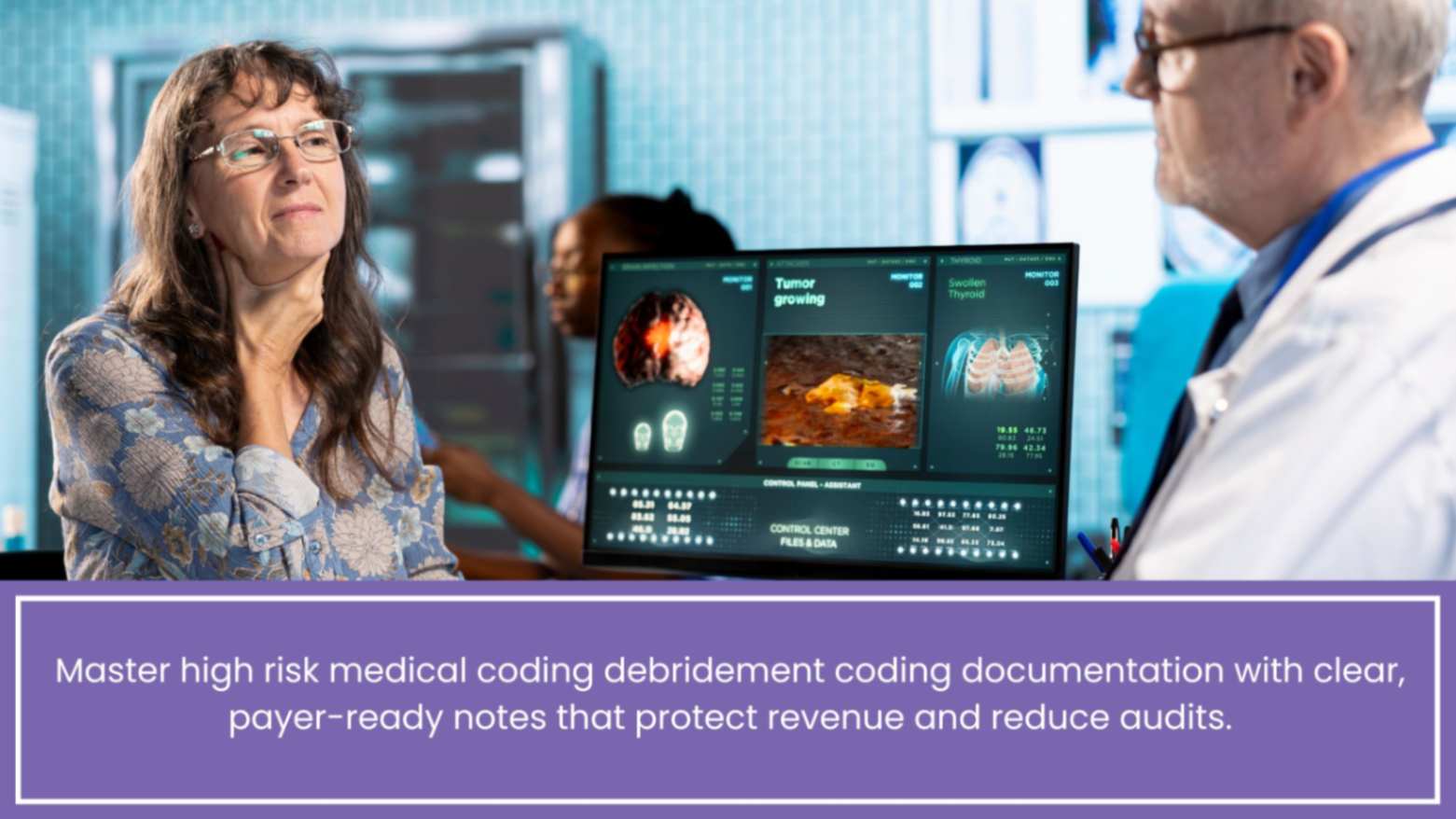Innovative Medical Billing Models
Practitioners in today’s healthcare sector are expected to switch from volume-centric care to a value-based payment model. This method benefits all parties including the patient, the caregiver, and the payer. Care providers and insurers appear to be straining to keep up, as the new value-based healthcare model sweeps across the caregiving space. Advanced medical billing systems must be integrated strategically into health management, patient involvement, and health care reimbursement.
Payers and healthcare organizations must use medical billing solutions to meet the value-based payment in healthcare. Practolytics offers medical billing and coding services to ensure accurate and on-time billing.
Table of Contents
What is Healthcare Value-Based Reimbursement?
Value-based reimbursement is a payment method in which the reimbursement for the care provided is directly related to the quality of care delivered by the healthcare organization/provider. It is monitored by patient health outcomes, which benefits healthcare providers in terms of quality and efficiency in the caregiving process. It is a health system that prioritizes evidence-based treatment.
You may be wondering what evidence-based treatment is and how it functions. Evidence-based practice is a value-based payment system in which practitioners are reimbursed for demonstrated health improvements, reductions in the impacts and prevalence of chronic diseases, and an overall improvement in health. Evidence-based practice implies comprehensive accountability for the health of the patients involved.
Pay for Performance Health Care System
Value-based payments in healthcare include financial incentives in a pay-for-performance healthcare approach. Healthcare billing and automated healthcare systems are intended to make healthcare payments based on incentives for meeting the quality parameters. This strategy has advantages for both patients and clinicians, as it improves caregiving efficiency, quality, and participation through enhanced medical billing.
Accountable Care Organizations (ACOs)
This well-known value-based healthcare payment approach compensates caregivers and healthcare institutions for improving health outcomes and meeting quality measures. Value-based payments in healthcare examine enrolled patients and evaluate many dimensions of service in comparison to peers in the same area. Medical billers and coders use ICD‑10 coding methods to adapt to this system as the ICD-10 provides precise information about patient conditions.
Care Episode:
This healthcare reimbursement system, also known as the bundled payment model, entails concept of accountability with payers for fixed episodes of care. Savings are increased by eliminating needless care episodes, which improves overall quality. This promotes a laser-like focus on key metrics, and medical billing solutions can be altered accordingly. Custom healthcare solutions, such as cutting-edge medical billing, can be implemented within the caregivers’ organizations to fit this paradigm.
7 Medical Billing Process Tips for Value-Based Payments in Healthcare
- Medical billers and coders can use cutting-edge technology to adapt to these evolving healthcare payment models. EHR and billing system integration software can be improved, medical billers and coders can promote investments in population health, and the medical billing system can include new accounting methods. Finally, hospital management systems can design medical billing systems that align with one or more healthcare payment models.
- Integration of EHR and billing systems should also be done on the basis of HIPAA-compliant solutions in healthcare billing. When deciding on a reimbursement model, healthcare organizations must consider their specific goals and select a model that is as close to those goals as possible. Healthcare billing and coding issues must be identified and handled by developing customized healthcare solutions.
- Healthcare billing and coding systems, as well as the chosen value-based care CMS, must be aimed toward keeping costs as low as feasible. The model chosen should also be integrated with medical claims management systems and have a track record of success through prototype models. Value-based payments in healthcare can be significantly boosted through collaborative solutions.
- Strategic data sharing and integration policies can improve healthcare billing and reimbursement. Preventive healthcare costs can be kept low by exchanging information to streamline administrative and billing processes. Adopting sound healthcare revenue cycle solutions can effectively boost overall workflow during the transition phase.
- Another requirement for selecting the best healthcare reimbursement model is evaluating the patient population. CMS’ value-based care should be examined using patient risk classification. Finally, population health management is a form of preventive care that can be enhanced by creative remittance software solutions.
- Adopting effective medical credentialing solutions while shifting to a value-based care payment model can reduce the organization’s financial risk. As the provider bears more financial risk, these new solutions alleviate the load through automated care management measures.
- Integrating personal caregiver goals with payer and provider network goals might be advantageous. Further integration with value-based care can enhance quality.
Value-based healthcare is no longer the way of the future. The time has come. Organizations must adapt to changing conditions. The transition to value-based care models can be tremendously beneficial to all healthcare entities with integrated EHR and practice management software and advanced medical billing systems.
The benefits of value-based care and enhanced medical billing are numerous, including high-quality outcomes, greater patient involvement, and a higher volume of patients. Successful adoption will result in decreased healthcare expenses and fewer medical errors.
Final Thoughts
The healthcare sector is evolving, and organizations and caregivers must keep up by implementing advanced medical billing solutions. These cutting-edge medical billing solutions provide a greater accounting skillset, increased revenue flow, and streamlined operations.
We at Practolytics have a decade of experience in assisting healthcare providers in making billing practices more accurate, consistent, and trustworthy. We have gained a firm understanding over the years of the steps in the process where errors can occur and have created methods to avoid them.
To know more about Medical Billing Solutions & Services offered by Practolytics, you can contact us at [email protected]
ALSO READ – Why Should You Incorporate Eligibility Verification in RCM?
Talk to Medical Billing Expert Today — Get a Free Demo Now!






